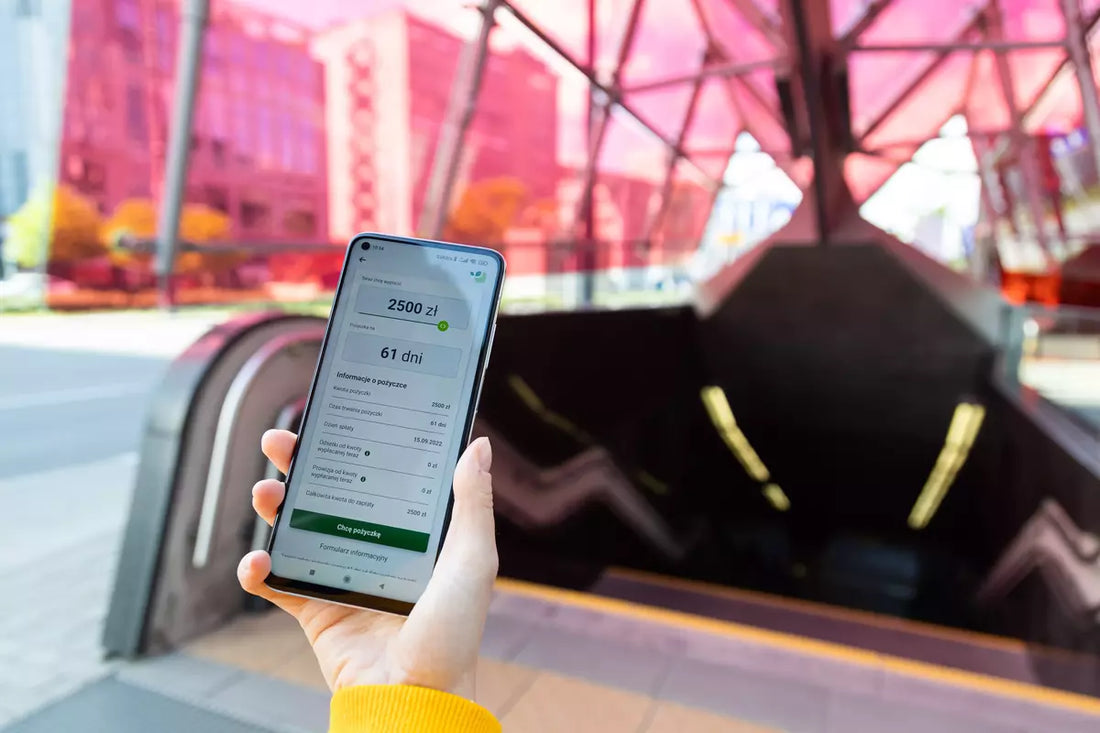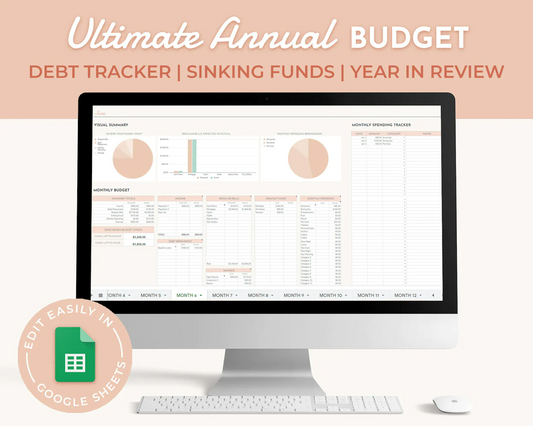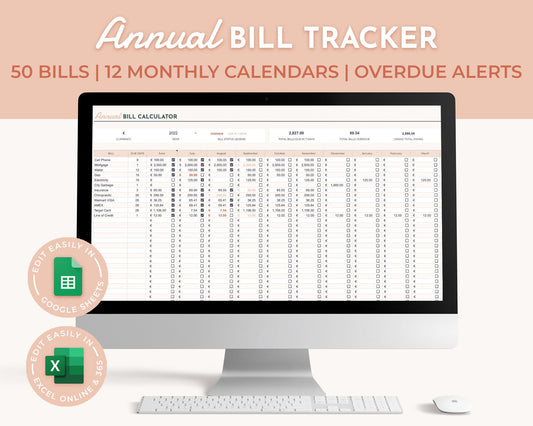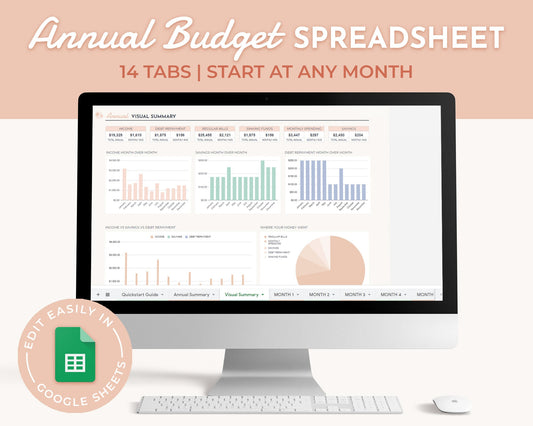Living paycheck to paycheck is a struggle and can be stressful at times. Despite all your best intentions, you may have run out of cash before the end of the month.
It’s so important to not beat yourself up for it. Rather, let’s find a solution to boost your money confidence with ease!
One of the best ways to reach your financial goals is to make a plan for your money. Whether you want to break the cycle of living paycheck to paycheck, build an emergency fund, save up for a down payment on a house or save up for that dreamy holiday on a tropical island - it all starts by making a plan for your money.
And the best way to do that? Create a budget. Hear me out.
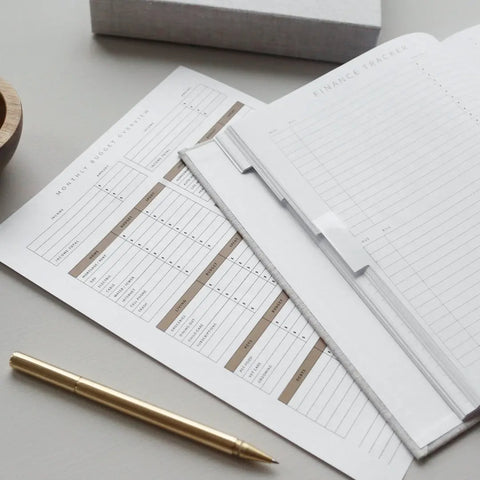
Photo by NORTHFOLK on Unsplash
Budgeting by Paycheck
Budgeting is really simple. But what no one talks about is that sticking to your budget is extremely difficult.
78% of Americans are living on paycheck to paycheck, and if you are one of them, paycheck budgeting works because it encourages you to sit down and evaluate your finances more frequently, aka ‘cash-flow discipline’, which allows you to make a plan for your money before it hits the bank.
Budgeting by paycheck is a great option for anyone who wants to get a better handle on their money and especially ideal if you are:
- Living on paycheck to paycheck.
- Getting regular paydays.
- Getting paid more than once in a month.
- Having a hard time saving money.
- New to budgeting.
- Constantly scratching your head not nowhere where all your money goes.
- Receiving low income but want to improve your money management skills.
First - Fixed Expenses
Subtract any expenses that you need to pay from paycheck #1 until you receive you paycheck #2
Example:
Paycheck #1 = $1,500
- Car insurance = $150
- Utilities = $150
- Household insurance = $50
- Health/life insurance = $50
Second - Variable Expenses
Substract any variable expenses from paycheck #1 until you receive your paycheck #2
Example:
- Groceries = $250
- Fuel = $50
- Transportation = $50
Remaining amount after fixed and variable expenses are accounted for = $750
Third - Savings, Sinking Funds
- Travel = $100
- Entertainment = $100
Remaining amount after sorting out adult life admin, savings and fun = $550
Psstt.. Sinking fund is putting money aside for an expense that you need to anticipate such as Christmas or birthday gifts.
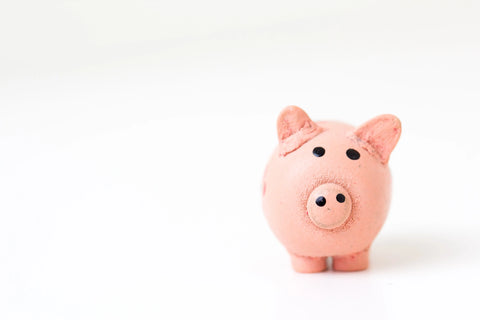
Photo by Fabian Blank on Unsplash
Fourth - Budget Buffer & Emergency Funds
- Budget buffer = $150
- Emergency fund = $100
Remaining amount = $300
Budget buffer is a the extra cash you leave in your account each time you get paid for small fluctuations. Because, life happens.
Not to be confused with budget buffer, emergency funds are money set aside to pay for large, unexpected expenses, such as unforeseen medical expenses, home repairs or replacement, major car fixes and unemployment.
Fifth - Financial Goals aka Extra Savings, Investments, Retirement or Debt Repayment
I encourage you to give the extra money more power by putting it towards debt repayment, investments, retirement or any current financial goals.
Before you get too excited with the remaining amount of money and throw them all into savings or repay your debt, ensure that the next paycheck will cover expenses until you get your next pay
If you want to go advance and save more time and effort, then apps are your best option. They’ll do most of the work on automation and sync or download transactions from your bank account(s). Alternatively, you can reach your financial freedom and live debt-free life with these tools.
Keep the momentum going!

